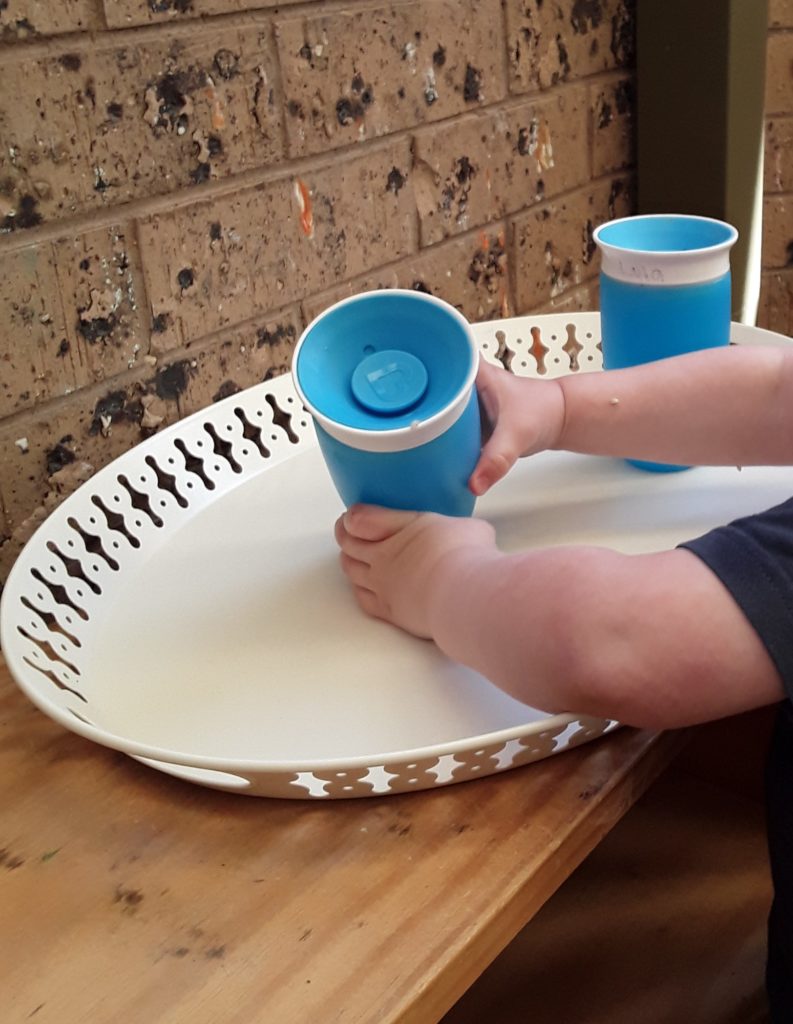At the beginning of the year educators, families and children are working together to develop relationships. We know that secure relationships are key to supporting children to develop a strong sense of belonging, which is our shared goal. One of the ways that educators nurture connections with children is through our daily routines and rhythms.
A large part of our days at Flinders are dedicated to routines. Daily routines involve transitions from and to home, caring for our learning environment and our caregiving curriculum (eating, sleeping, toileting, changing nappies and putting sunscreen on). These seemingly ordinary moments can sometimes be overlooked; however, these moments are replete with potential learning opportunities. Routines help to give our days a rhythm. Their consistency and predictability enable children to anticipate what will happen next and to have a sense of time. This supports children to feel a sense of agency and to feel emotionally safe.
As educators support children to navigate our shared routines in an intentional way, attachments between educators and children begin to grow. A baby might notice the consistency between routines at Flinders and at home. A toddler might share a moment of achievement with an educator as they help clear the table after a meal. A May Mills House child might predict that it is nearly time to go inside and request a special book. A Preschooler might have an idea about what everyone could discuss at afternoon tea. A Sturt House child might come to morning tea when they have finished their play… As children and educators co-construct routines, children experience consistency, reciprocity, predictability, trust, responsivity, and respect. These are solid building blocks for secure relationships.

Routines can also support relationships between children to grow. As we come together for a common purpose, like sharing a meal, children have the opportunity to connect positively and meaningfully. The rituals that underlie routines can scaffold connections between children and can become symbols of togetherness. For example, one of the rituals at Toddler House is to sing “Ninna Marni” before meals. This song acknowledges country and involves everyone greeting each other. We see the children express great joy as they greet their peers and experience the feeling of being acknowledged. This act tells children that they are seen, that they are valued, that they belong and helps to create connections between the members of our learning community.
Educators are aware that rituals need to be individualised and as we continue to develop attachments with children, our understanding of each child’s individual routine grows. Often a child’s routine will change over time, and we will attune our practices accordingly. Similarly, educators strive to make routines flexible and adaptable to suit the needs of each unique group of children and to ensure children have the opportunity to engage in long periods of uninterrupted play.
We are looking forward to continuing to develop our routines, rituals, and rhythms over the coming months to further strengthen attachments with educators, promote relationships between peers and enable children to participate meaningfully in their days as active citizens.
